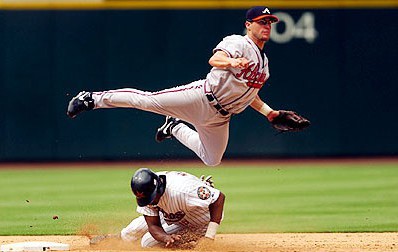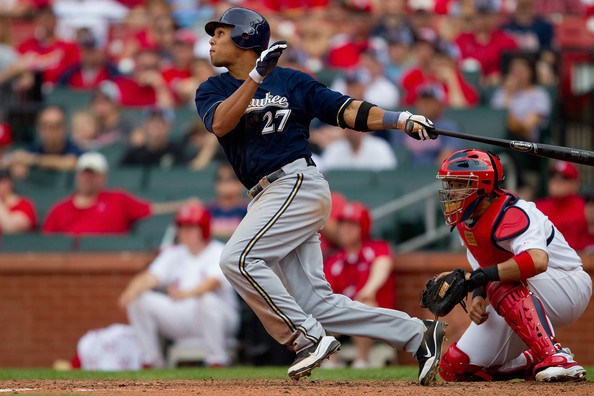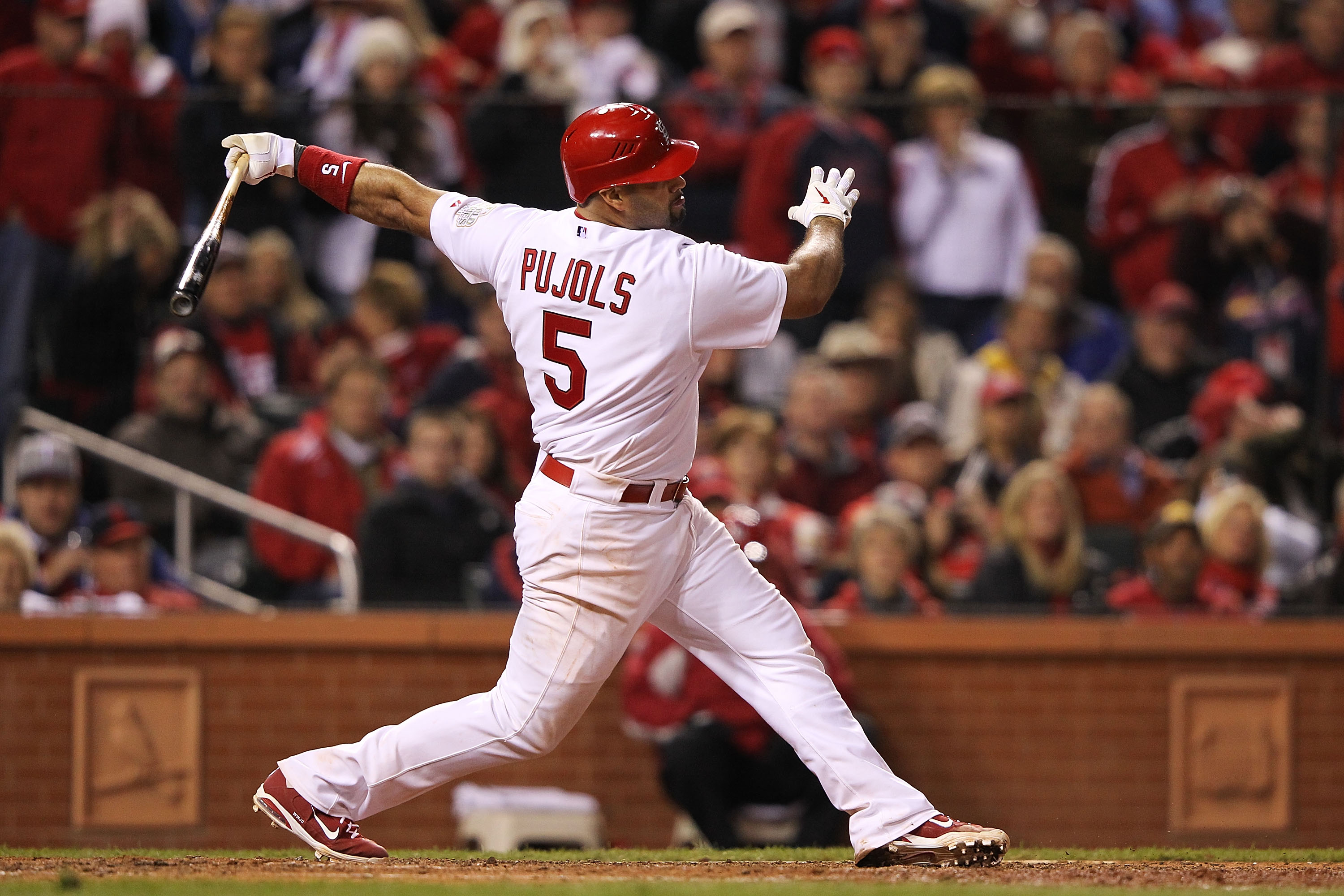Anyone that’s been to Chicago knows its reputation as “The Windy City” is no joke – but it’s the experts way out in Vegas that provide a constant reminder for DFS players. Vegas bookmakers have helped create a strong speculation about the effect that wind conditions have on run production, but are these theories based on simple logic or facts based on proven results?

First off, these are Vegas projected run totals for games played at Wrigley Field. I’ll give you one guess as to which represents strong winds blowing IN and which represents strong winds blowing OUT.
When wind conditions have come in at 8+ MPH over the past year, Vegas has not predicted a game for over 7 runs, whereas gusts blowing out often send the projected total over 10.
It would be helpful to know how this weather affects pitching performance – particularly by Cubs pitchers who have the most exposure to these extreme conditions.

Here, I used the Fantasy Labs Trends Tool to examine the home vs away splits for Cubs compares to the league-wide MLB average. We see much more dramatic splits for the Cubs pitchers who actually prefer the confines of Wrigley.

This trend captures the Cubs’ home performance compared to their opponents and gives us more insight into the Cubs’ success. Chicago has the clear edge in Average +/- but it’s interesting to note that visiting clubs have had a higher average expected point total – probably because our data extends back to the 2014 season before the Cubbies got their act together. Regardless of expectation level, we clearly see that Cubs pitchers have exceeded their expected points to a much greater extent than their opponents. Across all weather conditions, Wrigley seems to have little to no effect on visiting pitchers…

…Until the wind becomes a factor. Here we look at the results from games where wind gusts were blew in at 8+ MPH. Pretty astonishing to see the differential, as the Cubs’ opponents have outscored them by more than 6 points per game. The preferred conditions have actually had a negative effect on home pitching, as Cubs starters score almost 2.5 points per game fewer than average when the wind is at their backs. On the other hand, visiting pitchers have thrived, scoring over 20 points per game and exceeding their expected point value by 5.11.

Just when you thought opposing pitchers were safe, we hit them with a pitcher’s worst nightmare – 8+ MPH wind gusts that send balls flying over the iconic, ivy-covered fences. Look at the difference in Average Points and Average +/- that visitors experience when wind conditions shift. Opposing pitchers score fewer than half as many fantasy points as before and encounter a wild 10-point swing in their plus-minus.
But then there are the Cubs who come in at almost the exact same point total. Despite much ado about the weather, it appears that the Cubs staff is impermeable to the fierce conditions.
What we can take away from this are some sneaky contrarian strategies for GPPs. Fade Cubs pitchers under the perceived ideal conditions (wind blowing in). A slightly riskier play would be to choose the Cubs pitcher on a night when the winds are whipping out and other DFS players are sending in lineups stacked against them.





